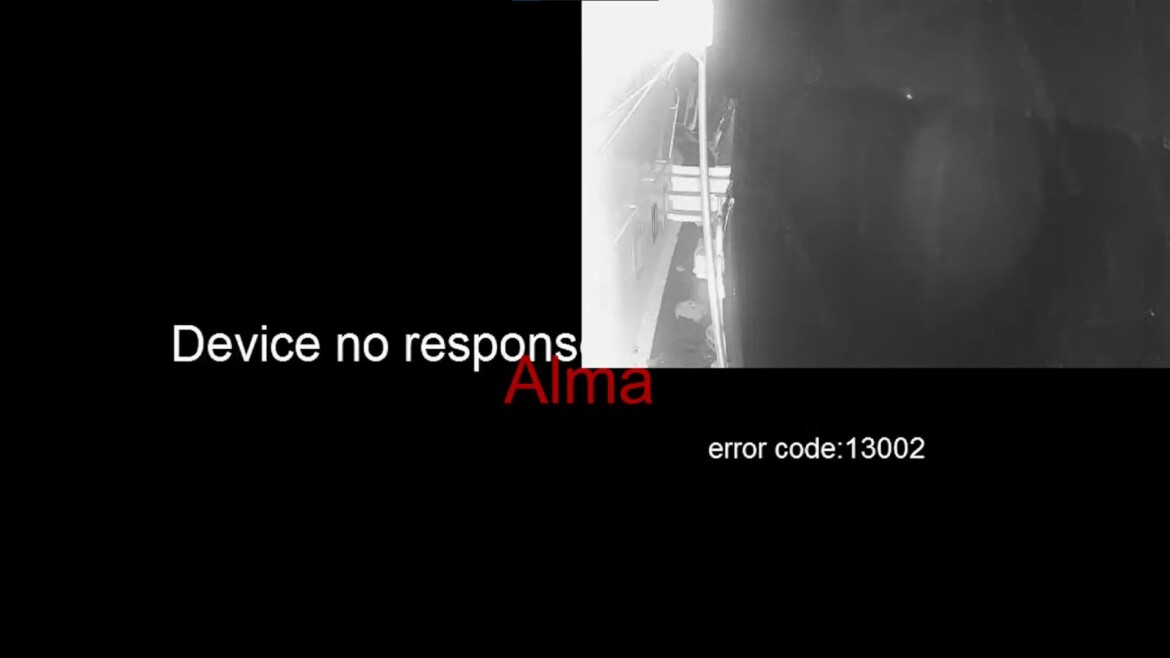Reportage
Israel attacked the flotilla in international waters
Our correspondent aboard the Hio kept us updated live until the moment communications were cut off. At the time of going to press, we have had no further contact.

“I feel like screaming – not out of fear, but out of sadness.”
You probably know who Manuela Bedoyo is by now; Colombian President Gustavo Petro dedicated his last tweet to her the night before our capture. Manuela says she wants to scream because this is the third time she has tried to enter Gaza. The last attempt was in June, when she took part in the Global March to Gaza in Egypt and was stopped by authorities in Cairo. She is sad because, perhaps, she never stopped believing this time would be different.
At 7:50 p.m. on Wednesday, the order to halt came from the Israeli naval blockade. A female voice crackled over the radio, alleging that we were in violation of international law and offering the port of Ashdod to unload our aid after an army inspection. She said we were a threat to Israeli citizens and would be responsible for the consequences of our actions “in violation of the law.” Then she spoke of October 7 and the numbers of those killed and kidnapped in the Hamas attack.
For the Global Sumud Flotilla, Thiago Avila responded: “We do not recognize you as a legitimate party to deliver aid to the Palestinian people of Gaza. We ask you not to commit another war crime, among the many you have already committed, and not to interfere with our peaceful, non-violent, humanitarian mission of solidarity… The whole world is watching and is rising up against your crimes. The time for your violations is over.”
At 8:00 p.m., the first boats are intercepted. Inflatable military craft race across the dark sea, flanking us but not stopping, clearly following a pre-established boarding order. In the darkness, singing voices rise up from the boats. We hear shouts of “Free Palestine,” followed by songs of struggle. News arrives from Italy of mobilizations and blocked train stations. I tell my shipmates, and they are touched by the support.
Half an hour later, on our boat, the Hio, we are hit by a powerful searchlight. Then come the water cannons, striking some of the other boats. I have just enough time to send this piece in to the newspaper. An hour earlier, when the Israeli warships first appeared on the dark horizon, we began our final preparations. Each of us on our own, putting on whatever we thought might be useful during captivity, not knowing how it will go or how long it will last. We filled the open seating area at the stern of the boat with supplies: water bottles, apples, cookies. Painkillers and cigarettes, too: more than one person on board has started smoking again. We collected all the knives – even the dull ones for spreading chocolate cream on bread – and threw them overboard in a bag. This is a peaceful, unarmed mission; we wanted to give them no pretext to consider us a threat.
We put on our life jackets. Hugs were exchanged between people who had become a family after a month in this confined space. We spoke of the pleasure and honor it has been to sail together. Then everyone focused on their phones, taking advantage of the last few minutes of internet connection to contact loved ones on shore. It has happened in every previous interception: the Israeli authorities jammed the network. At the helm is Anna, fearless as ever.
The night before being boarded was a night of intimidation. We only managed to get a few hours of sleep after dawn. Then, at 11:00 a.m., everyone was awake for the general meeting. Thiago Avila summed up what had happened and discussed how to proceed. The decision was made to tighten our formation and increase our speed to five and a half knots – the fastest the flotilla had ever traveled.
Against all expectations, this morning we were still sailing. A military ship with its lights off had circled our lead vessel, the Alma, and we lost contact with its crew and that of the Sirius. The security protocol was activated, advising everyone to dispose of electronic devices. About thirty people on those two boats threw their phones and computers into the sea. It turned out to be a dress rehearsal for the main interception; perhaps the Israeli army was studying our reactions.
We were subjected to intense psychological pressure, much of it coming from Italy, where officials kept insisting on the “150-mile limit” as if it were some kind of red line or territorial border. The 150-mile mark corresponds to no demarcation under international law, not even Israel's own illegal blockade.
In the afternoon, a surreal calm descended. The Alma retook its position at the head of the flotilla. A sparrow landed on the bow of the Hio – a sign that land was near. Luna gathered the best remaining ingredients and set up a small buffet on the table in the dinette. Some tried to sleep. Some made one last coffee. Others took the opportunity to write down their final notes. Suitcases were packed, and the boat was sparkling clean. Who knows why we wanted to be found clean by the Israeli soldiers. These are the last hours of the Global Sumud Flotilla. We set sail on September 1, a full month ago, from the other end of the Mediterranean.
Originally published at https://ilmanifesto.it/israele-attacca-la-flotilla-in-acque-internazionali on 2025-10-02
